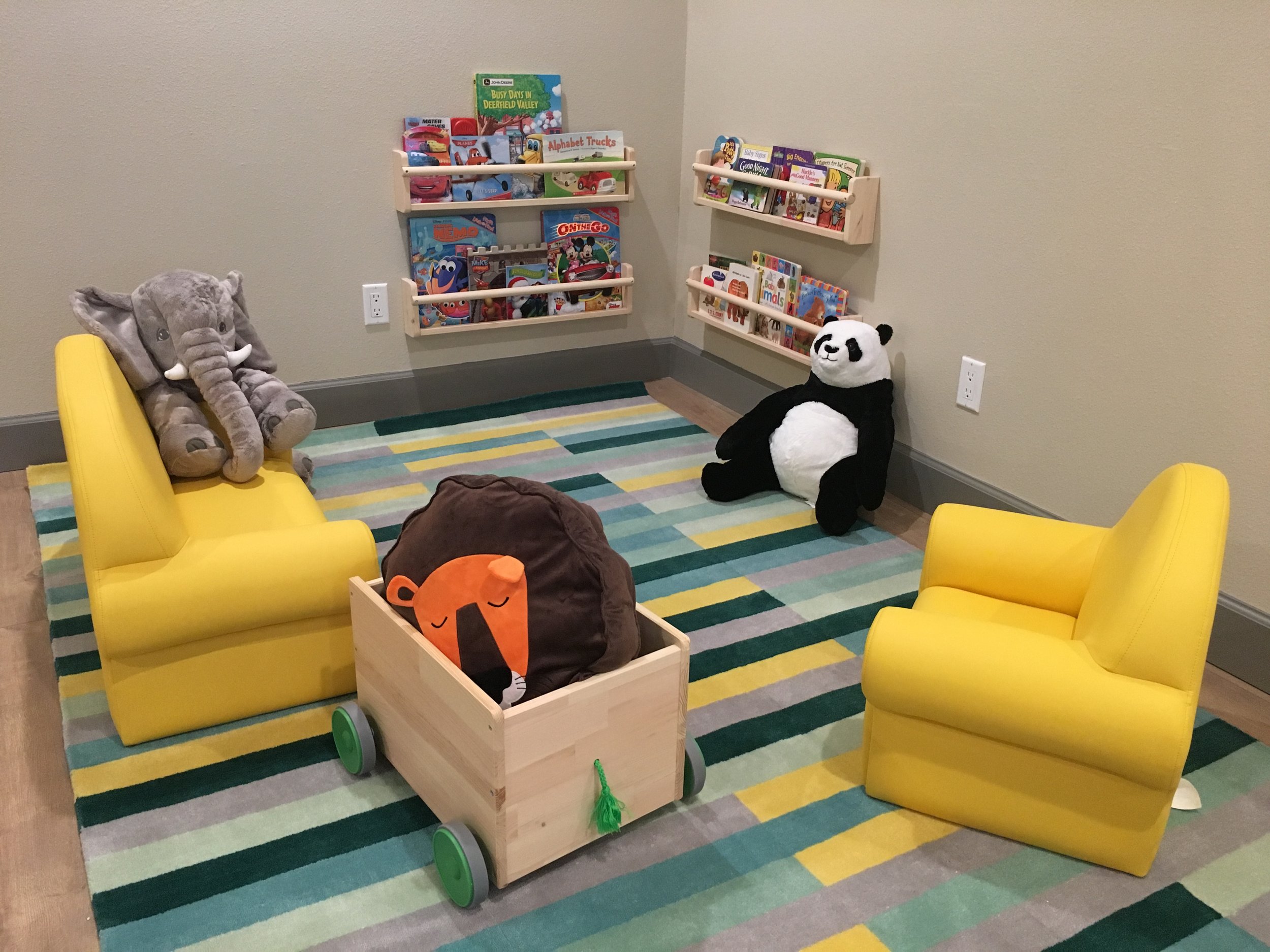
About
-
We are a family-owned and family-operated early education program that started off in a residential home of the owners, David and Ranum. In 2015, striving for excellence, we initiated a project to build a new early education program from the ground up in our home city of Arcadia. On January 22, 2016, we were licensed as a Large Family Child Care in the state of California.
Shortly, after launching the new child care operations, we had quickly grown to serve a vast community of the San Gabriel Valley. Parents were willing to commute from the neighboring cities of Pasadena, Temple City, San Gabriel, Alhambra, Rosemead, Monrovia, Duarte, El Monte, even Rowland Heights, for their children to take part in joyful learning.
Due to the growing demand posed by our communities, we saw the tremendous need to expand our program, offering additional spaces to new families. This led us to move from our residential space to a commercial location, establishing a preschool with the toddler program. It was the birth of Arcadia Playschool we know today.
However, our growth did not stop there. Recently, we acquired a new space and initiated a new project to bring our program into the city of Alhambra. We take pride in the way we design and develop our learning environments, and our upcoming Alhambra Playschool will be showcasing beautiful features of our growing program.
-
Our research-based educational programs promote healthy environments, where every child is able to learn to their fullest potential. We are committed to nurturing wholesome children, who will live knowing who they are, love knowing what they want, and work knowing how they can help.
-
Playschool Inc programs strive to provide the environment with resources streamlined to nurturing a wholesome child. We are committed to identifying and meeting the needs of every child, and supporting their unique learning styles. It is important to us to understand, to learn from, and to treasure the cultural values of each family to continue supporting the healthy growth and development of children. Together, we want to build a strong community where children feel loved, cared for, and, most importantly, safe.
Every child deserves to be a part of high quality learning. We work to bring high quality programs to every community. We are determined to inspire children to have a voice, to question, search for the answers, and believe in their strengths. We aspire to nurture strong individuals and guide them to become responsible citizens, who contribute not only to their own local communities, but to the whole Planet Earth.

Philosophy
We learn through play, driven by curiosity, inspired by the discoveries we make along the way, and emotionally fueled by the long-lasting relationships we build with others in the processes of learning.
We guide children to understand that the world is larger than their home communities. Our goal is to show them that there is more than one way of living and thinking. Diversity is at the heart of our program.
Our learning environments are well designed to equally benefit as young children, so as adults who educate them. Research informs us of the important role educators play in the children’s lives. Emotionally intelligent educators with excellent stress management skills propel to create the atmosphere of warmth, coziness and comfort, promoting the feeling of safety in their classroom spaces. Engaging in continuous professional development, educators act as competent learners and role-models for young children.
Our Guiding Rules for Learning
Rule #1
There are many rules for learning, but for us, the most important rule of all is that every learner is prone to make mistakes in their learning. Mistakes are an inseparable and inevitable part of learning. Exemplary learners take risks in making mistakes, thus take initiative to learn something new.
Rule #2
The next important rule for learning is that an exemplary learner seeks delayed gratification to achieve a greater reward and benefit in later stages of learning. Patience is a quality of those who have good self-regulation. Good things come to those who have patience!
Rule #3
The third, nonetheless important rule for learning is that everyone is able to learn. If we haven’t convinced you yet, you might want to ask Dr. Howard Gardner and his Theory of Multiple Intelligences, or Dr. Carol Dweck and her Theory of The Growth Mindset.
